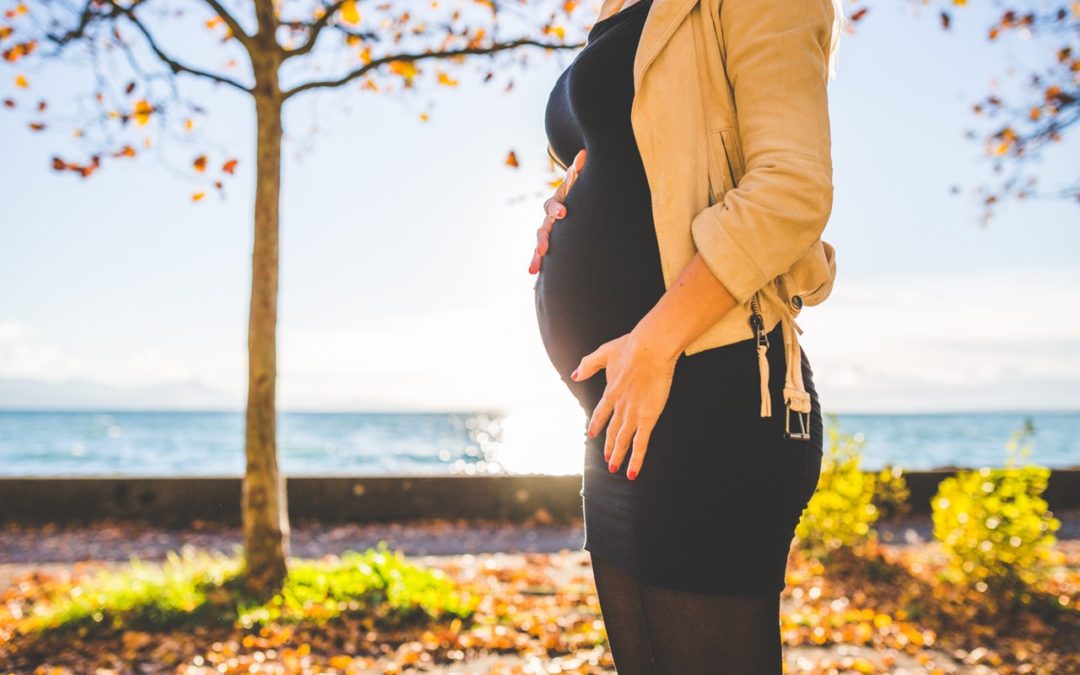Whether you think you might be going through postpartum depression (PPD) or are worried you might develop it in the future, it is important to understand the disorder to ensure the health of you, your baby and your family. Postpartum depression is relatively common, occurring in 1 in 7 mothers.
What causes PPD?
As with other types of depression, there is not just one factor that causes postpartum depression. PPD varies from person to person and can be caused by a variety of factors. One possible cause is hormone levels, because estrogen and progesterone levels tend to drop after a woman delivers a baby. Disturbed hormone levels cause chemical imbalances in the brain, which can lead to mood swings and other behavioral changes. Other risk factors that can lead to postpartum depression include:
- Sleep deprivation
- A history of depression or bipolar disorder
- Lack of an effective emotional support system
- Giving birth prematurely
- Having a baby with medical problems
- Stressful life event before or around the time of the birth (death of a loved one, job loss, etc.)
- Financial problems
- Alcohol or drug problems
How does PPD affect women?
Postpartum depression can look different in every woman. If you are experiencing one or more of the following symptoms, you should contact your doctor: uncontrollable crying, extreme sadness, sleeping too much, difficulty staying asleep, insomnia, losing interest in things you used to enjoy, loss of appetite or uncontrollable appetite, elevated anxiety, feelings of worthlessness, panic attacks, confusion or difficulty with remembering details, mood swings, thoughts of suicide or hurting yourself or others (get help immediately).
How is PPD managed?
Postpartum depression can occur during pregnancy, but the most common time of onset is anywhere from a week to a month after giving birth. Your doctors can monitor you before and after birth for signs of PPD. If diagnosed with PPD, there are quite a few options for managing it. Counseling and antidepressants can be very successful in treating postpartum depression. To supplement counseling and medication, you can talk through your symptoms with your partner or other close loved ones, join a support group and find help caring for the baby (babysitters, nannies, loved ones). Half of the women diagnosed with PPD began experiencing symptoms during their pregnancy, so make sure to get assistance early on if you think you might be experiencing any of the symptoms listed above.
At Mt. Auburn we can talk you through all the aspects of postpartum depression and help you find a psychologist or psychiatrist who can give you the tools in therapy to treat PPD.
